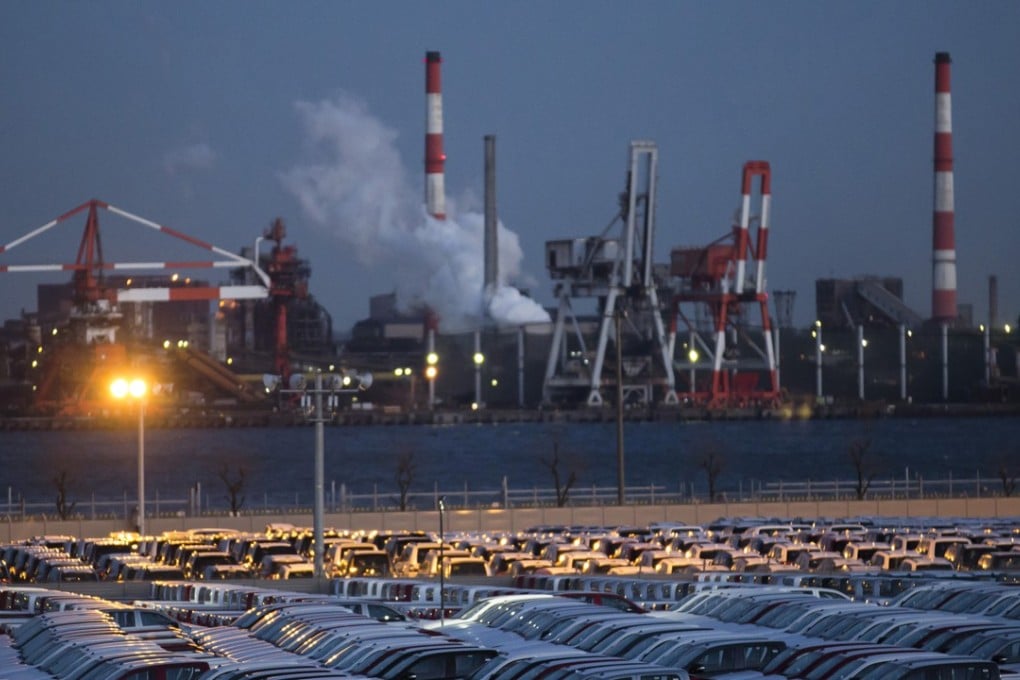Hydrogen vehicles benefit from joint venture
Alliance between car firms and gas and energy companies will help to alleviate shortage of refuelling infrastructure

Japan’s car manufacturers have announced plans to work with energy companies to expand the national network of hydrogen refuelling stations, a move designed to put them in the driving seat for the development of future generations of vehicles.
Global competition is still growing and Toyota, Nissan and Honda need to keep on their toes if their products are to retain their global edge. The three firms formed a joint venture in March named Japan H2 Mobility with a consortium of gas and energy companies, including Air Liquide of France, to build 80 new hydrogen stations over the next four years, complementing the 101 fuelling facilities in place.
The shortage of refuelling infrastructure has been identified as the prime reason environment-friendly hydrogen vehicles do not enjoy greater popularity on Japan’s roads, and the government has thrown its support behind the initiative to assist the domestic fuel industry to stay ahead of its competition as well as to improve Japan’s energy security.
Tokyo is acutely aware that virtually all its fuel supplies traditionally come from the Middle East and need to complete a long journey by sea – and choppy geopolitical waters – before arriving in Japan.
“We see hydrogen as a promising alternative fuel because it can be produced using primary energy sources – or even sewage sludge – and can be generated from water by using solar or wind power,” says Akiko Kita, a spokeswoman for Toyota Motor Corp.
“Once compressed, it has a higher energy density than batteries presently being used in vehicles and is easier to both store and transport. In addition to its potential as a fuel for homes and automotive use, hydrogen can be used in applications such as large-scale power generation.
